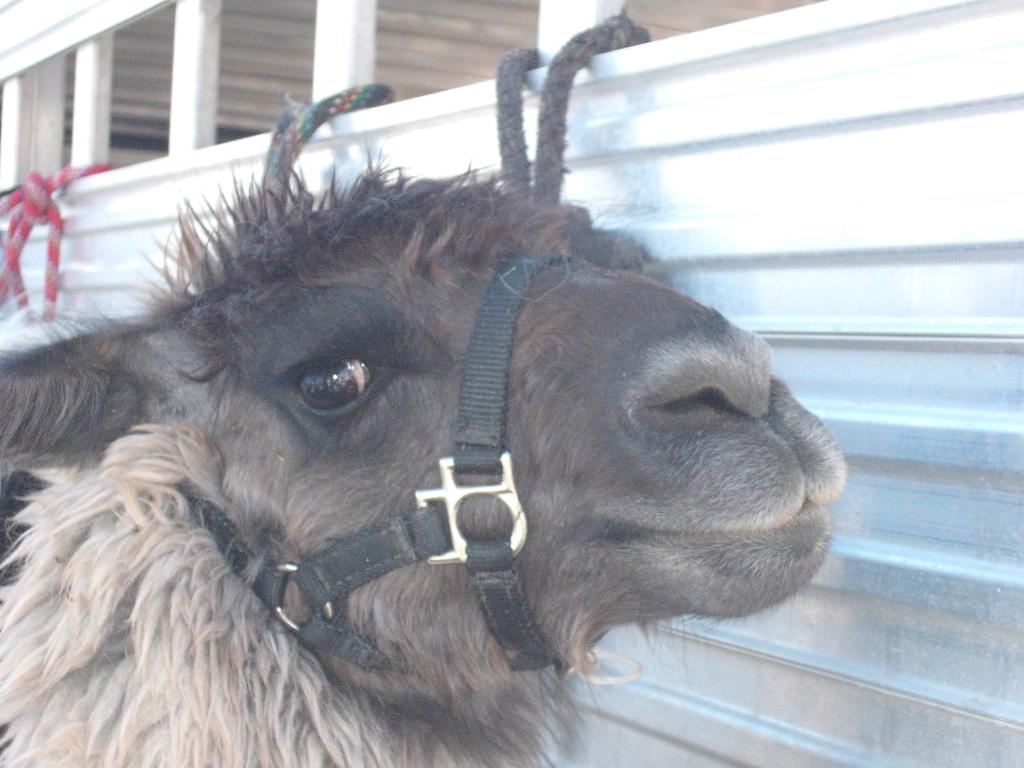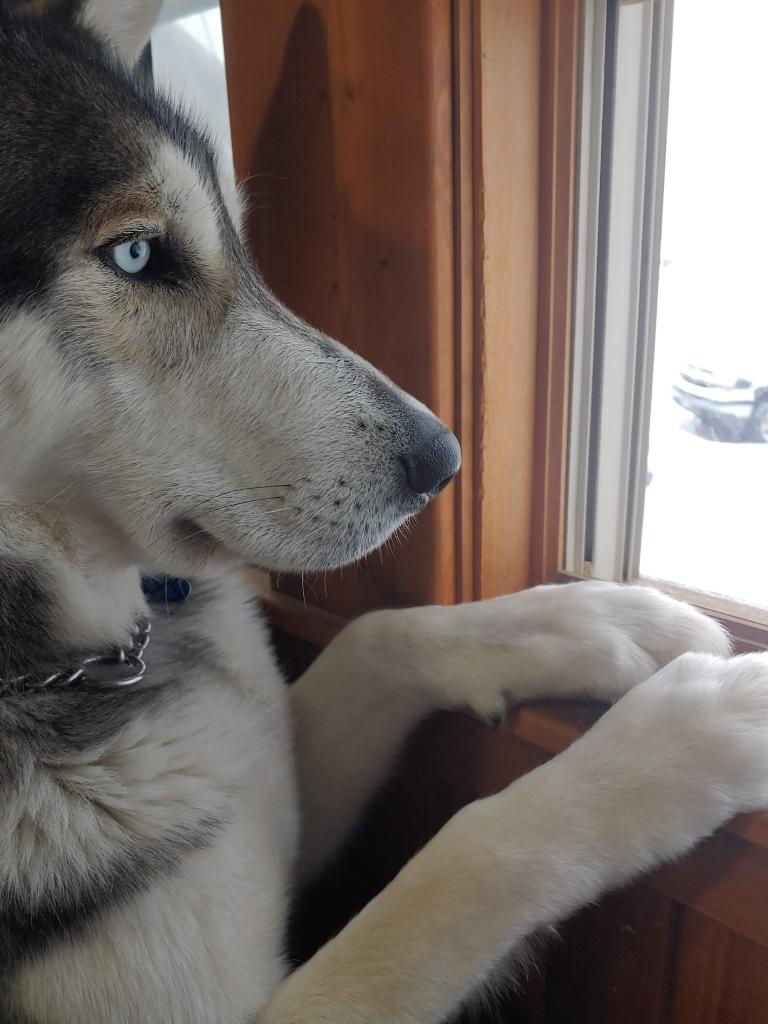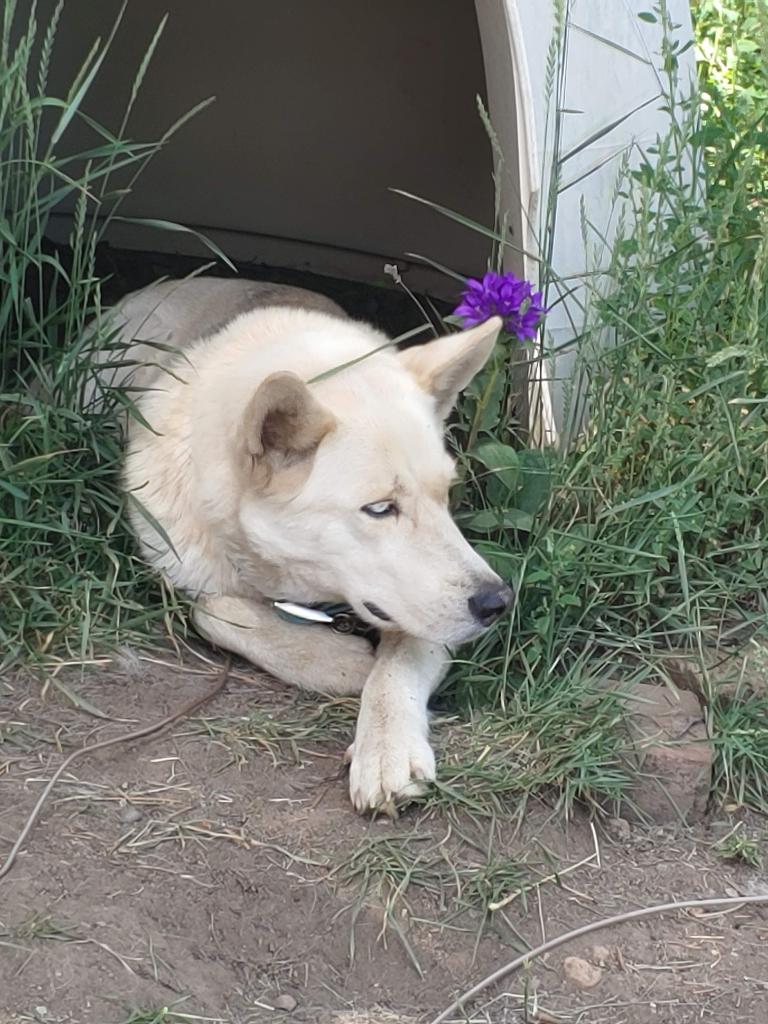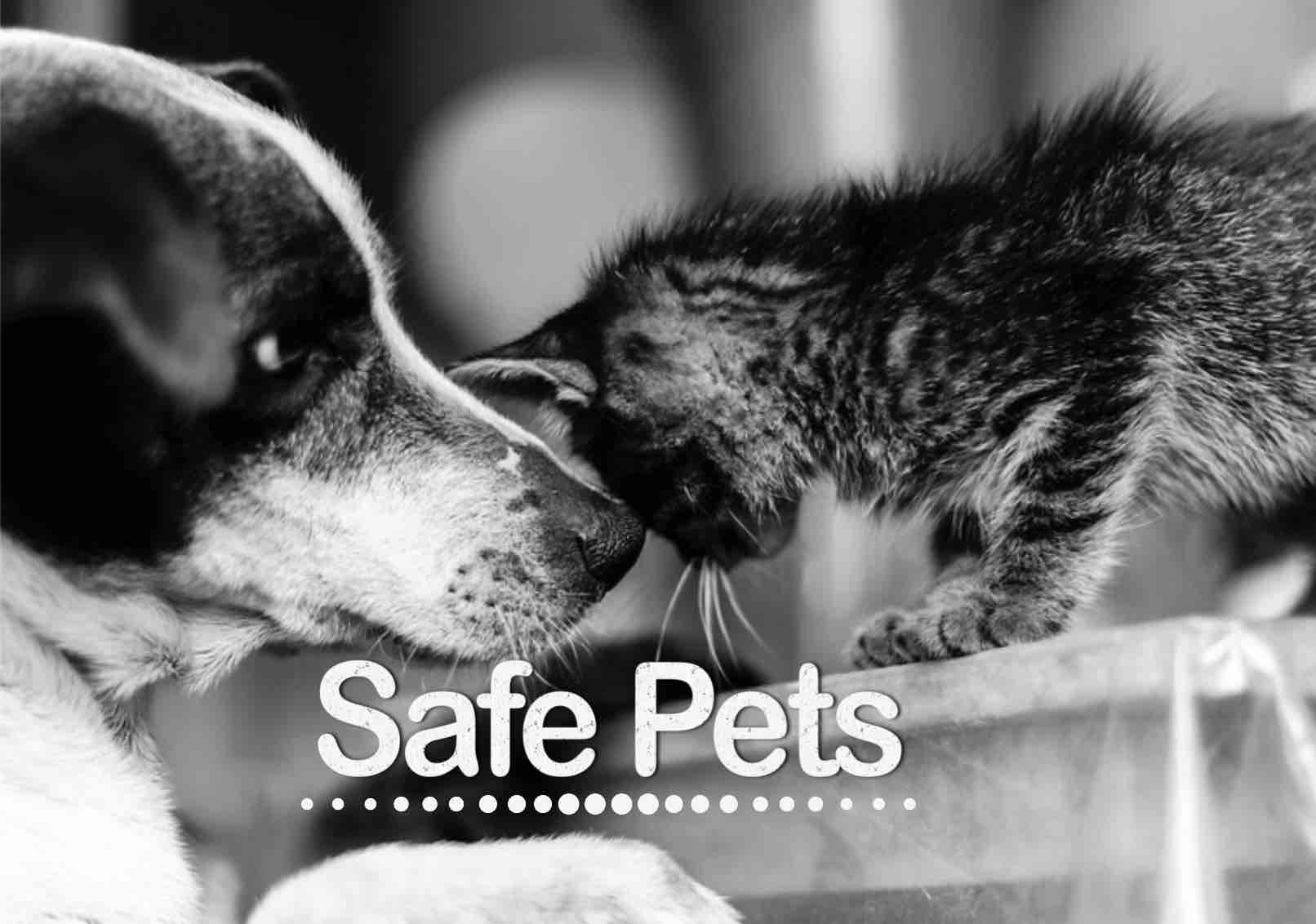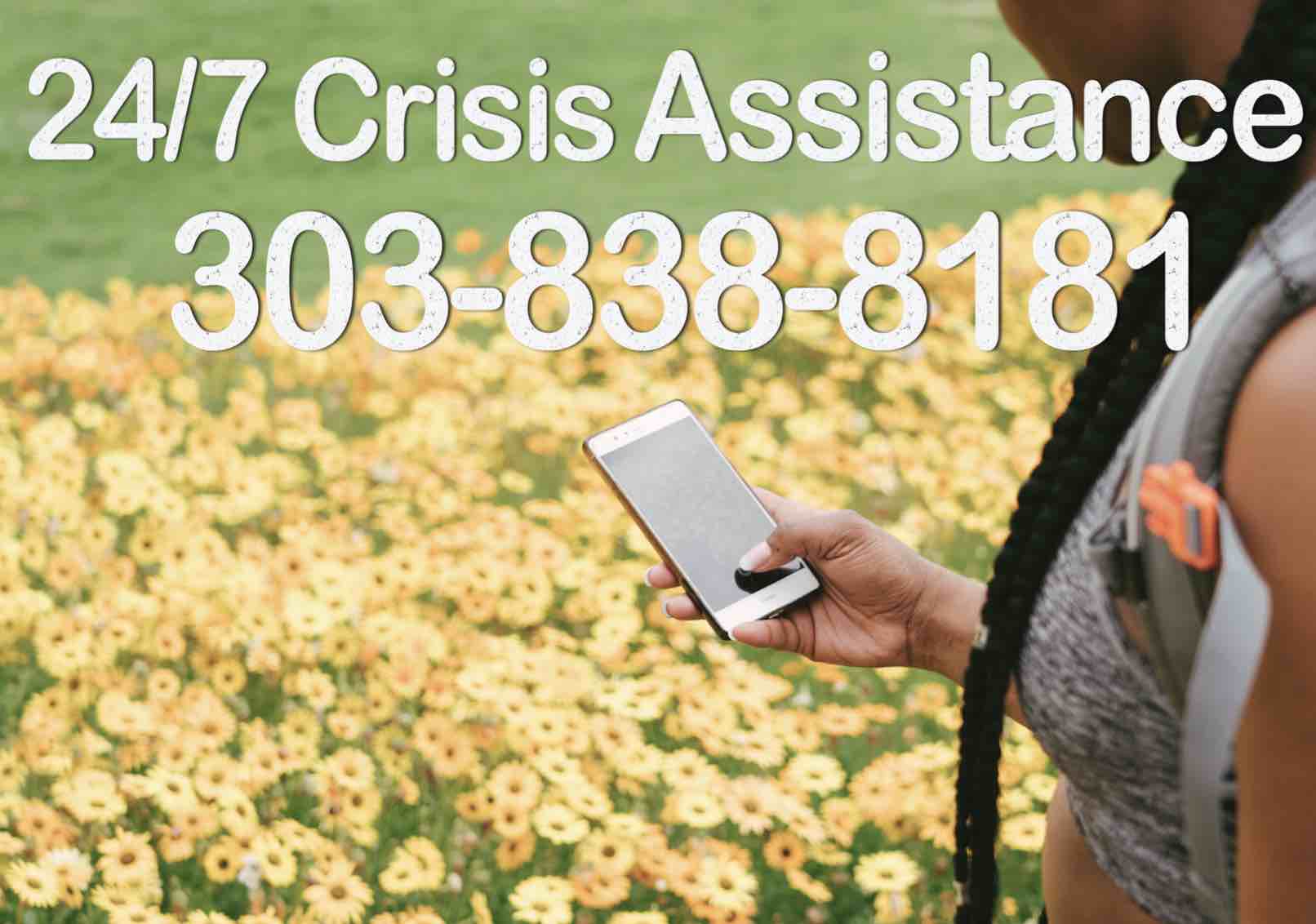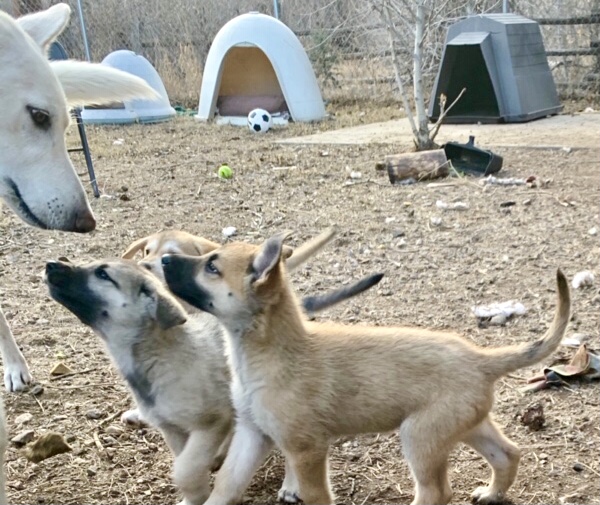
WAN Exclusive On PeaceWorks, A Colorado-Based Safe Shelter For Abuse Survivors & Their Pets; Including Farm Animals
By Lauren Lewis
You can help all animals and our planet by choosing compassion on your plate and in your glass. #GoVeg
RELATED ARTICLES
Banning Cruelty: New Legislation Aims To Ban Octopus Farming In The U.S.
New bipartisan legislation has just been introduced in the U.S. to ban commercial octopus farming and prohibit imports of farmed octopus from foreign countries.
The...
Outrage In Yellowstone! Grizzly Bear Killed By Wildlife Officials & Left With Head & Paws Cut Off
Photo by: Trisha McFarland / Cowboy State Daily
A photo of a dead grizzly bear with its head and paws cut off has caused an...
Inside Florida’s Illegal Horse Meat Trade: Undercover Footage Shows Racehorse Being Shot & Butchered
A heart-wrenching discovery of illegal horse slaughter has emerged, with video footage exposing the tragic killing of a racehorse named 'Funny Biz,' who was...
Popular stories
News
Over 2,500 Tons Of Whale Meat Are En Route To Japan From Iceland; 1,139 Fin Whales Have Been Killed For Their Meat To Date
According to news sources in Iceland, Kristjan Loftsson, who is the last whaler in Iceland, is currently shipping 2,576 tons of whale meat to Japan.
This has...
News
New York Lawmakers Pass Bill To End The Retail Sale Of Dogs, Cats & Rabbits In Pet Stores; Governor Kathy Hochul Must Now Sign...
On Friday, the New York State Legislature passed the Puppy Mill Pipeline Bill, groundbreaking legislation that will end the retail sale of dogs, cats,...
News
Breaking! First Human-Elephant Safety Network Established In China To Help Reduce Human-Wildlife Conflict
Last week, China launched the first-of-its-kind Community Hero Network. This ranger-led initiative is dedicated to significantly reduce human-elephant conflicts (HEC) in the Jinghong area in Yunnan,...

